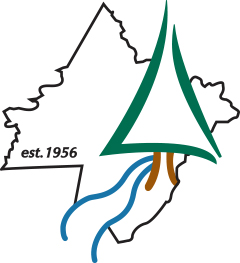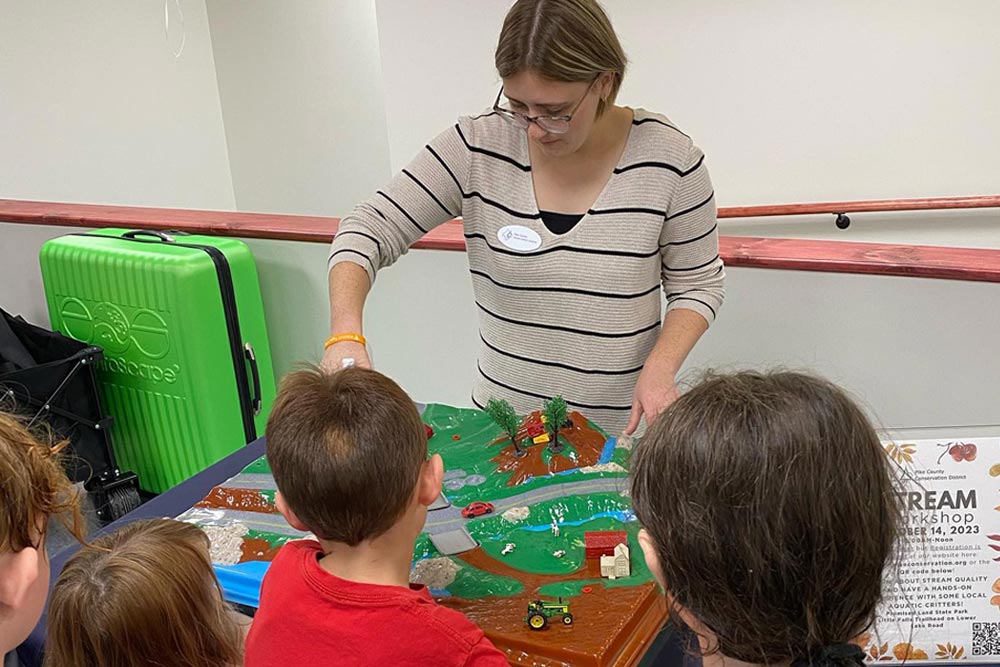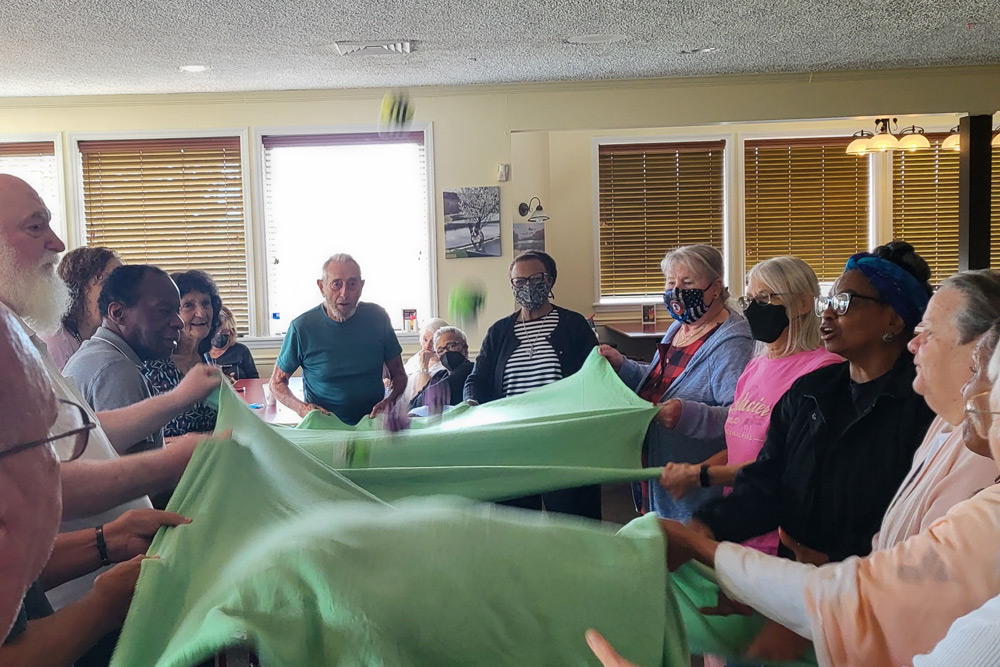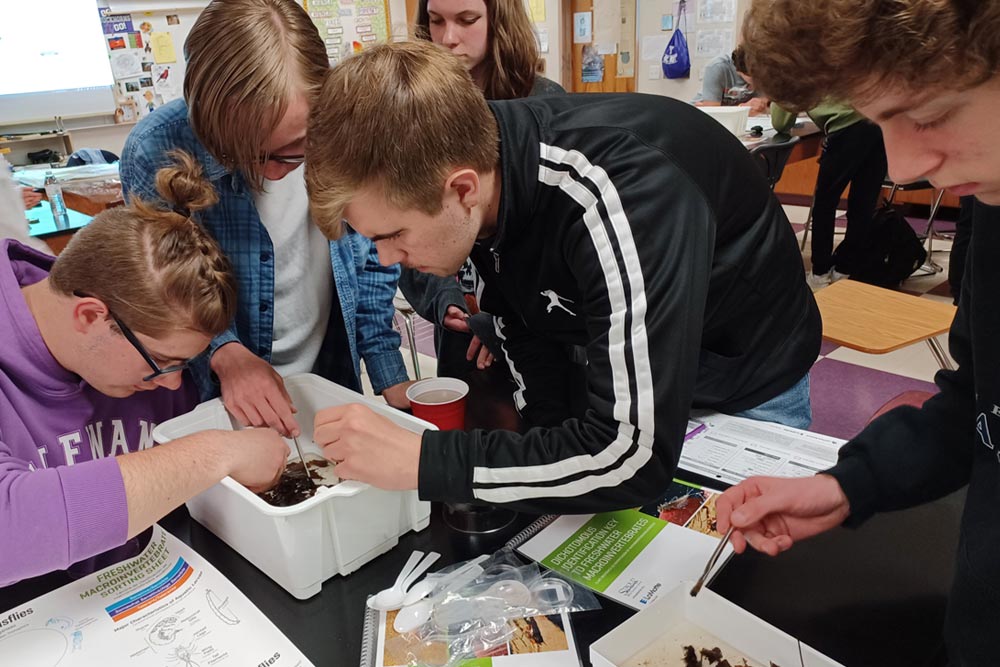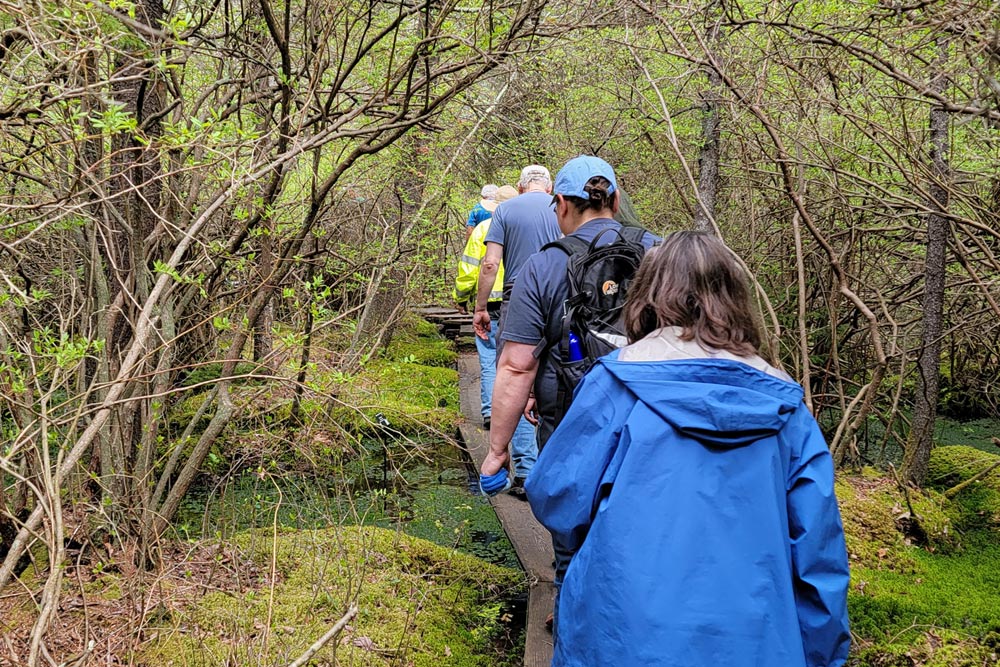
Educational Programs Offered
The Conservation District offers the following educational programs on a continuous basis. Are you interested in having the District deliver one of these programs for your classroom, homeschool group, scout group, homeowners' association, or any other community group? Reach out to us at pikecd@pikepa.org or call us at 570-226-8220 to set up a program!
Don't see a program that you're looking for? Reach out to us, and we'll see if we have resources available to deliver a program for the topic you're interested in.
- Wetlands! 30 minutes or 1 hour options *Our 2024 featured program*
Learn the three defining characteristics of a wetland, the ecological importance of wetlands, and what we can do to conserve them. This program is a talk with a model demonstration of wetland characteristics and may include an outdoor wetland exploration if one is present on the site.
- Enviroscape Model 30 minutes
Learn what a watershed is, the difference between point and non-point source pollution, and how we can all be better watershed stewards. We'll explore these topics with the interactive Enviroscape model which shows how pollutants move through a watershed after precipitation.
- Groundwater Flow Model 30 minutes
Learn about watersheds, aquifers, and how pollutants travel from the surface to the groundwater. We'll explore these topics with our groundwater flow model which shows the different layers of soil beneath us, different kinds of aquifers, and how pollutants travel under the surface.
- Pollinators and Habitat Fragmentation 30 minutes or 1 hour options
Learn who our local pollinators are, what stressors they're facing, and how we can help them. We'll talk about habitat corridors, native plants, and other conservation practices that we can initiate on our properties. We'll also play an interactive game to illustrate habitat fragmentation and habitat connectivity.
- Stream Ecology (limited availability) 1 hour or 2 hour options
Learn about the critters that live in our streams, what an indicator species is, and ways that we monitor water quality.
-
- On-site Version (available May-October): You will work with our staff to determine a stream location where we can conduct a (weather-dependent) program searching for and identifying aquatic macroinvertebrates and learning about stream ecology.
-
- Classroom Version: Coming Soon!
- What is the Conservation District? 30 minutes
Learn about the programs we administer at the District, the roles of our staff, and possible career trajectories to land a job at a conservation district. Participants will have the opportunity to ask one or more District staff members their questions about conservation careers during a Q&A after the presentation.

Sediment (dirt) in streams is the single largest pollution source to PA’s waterways.
Contact the PCCD office when planning any project where you will be digging or moving soil. We can help advise you about ways to decrease the sediment pollution that is created.
